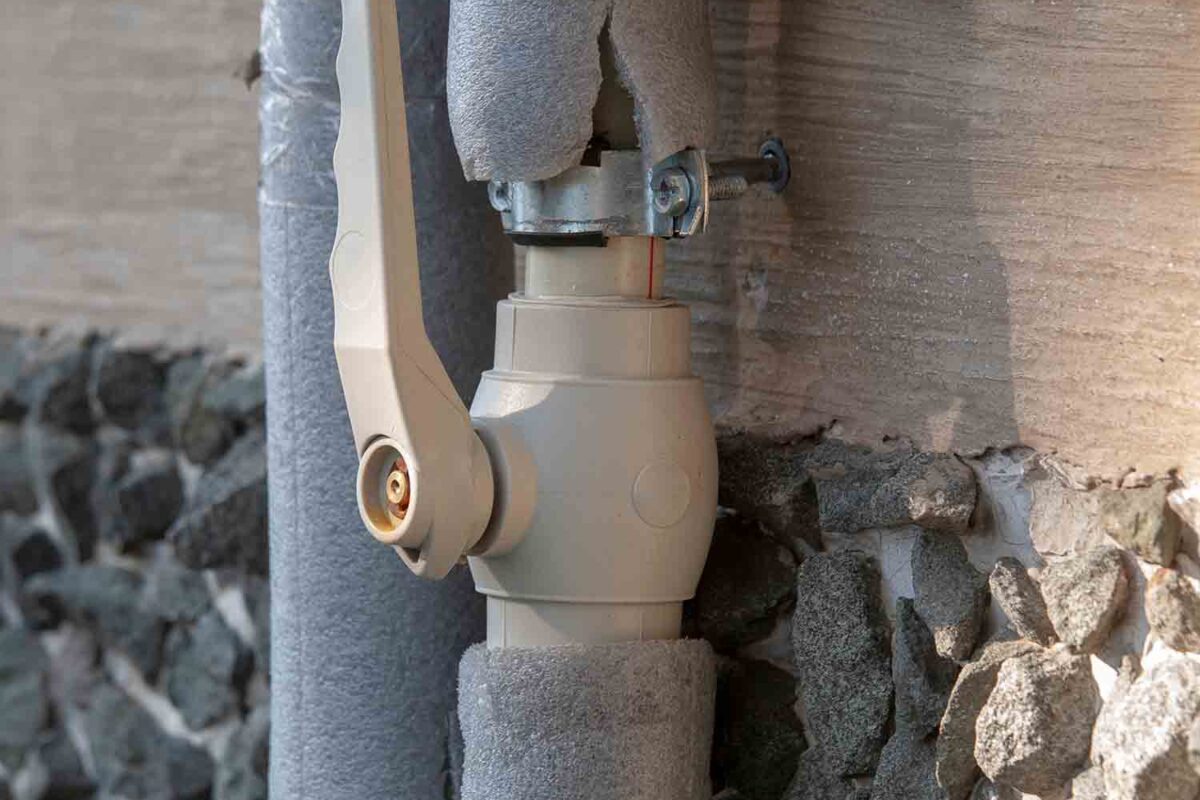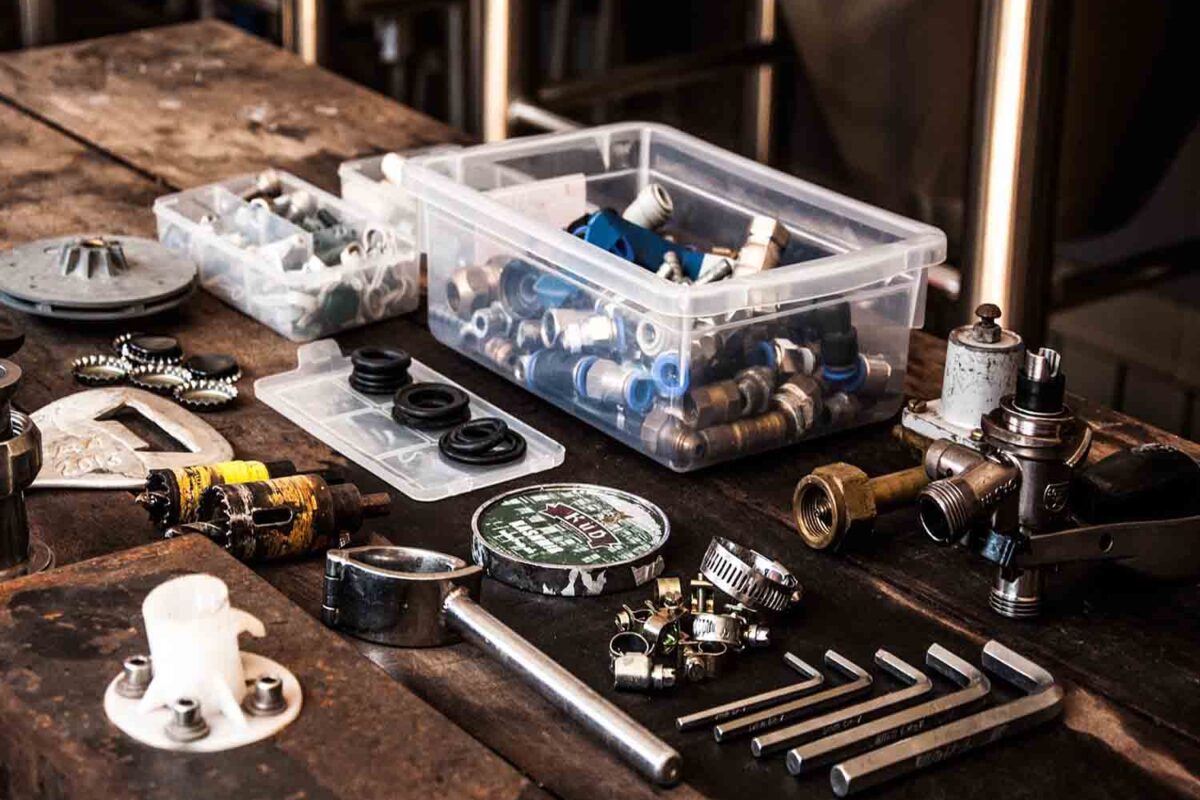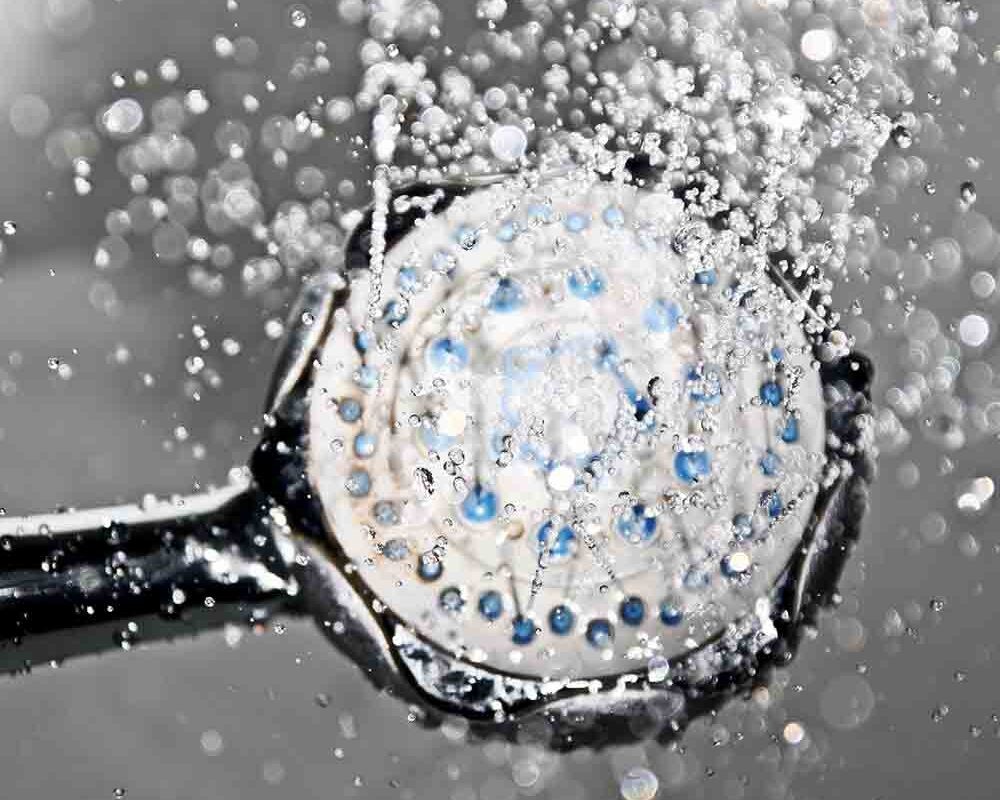Winterizing outdoor pipes saves money in the long run. Be sure to follow these Superior Plumbing & Drain tips:
- Insulate pipes with insulation sleeves, wrapping or using slip-on foam pipe insulation. Don’t leave any gaps without insulation as cold air can affect the pipe in these spaces. Plastic piping is more tolerant than old copper or steel water pipes. Winterizing outdoor pipes now helps.
- Inspect the exterior of the property, making sure that all visible cracks are sealed. Cold air can enter through the cracks and, once inside, it will cause your pipe to freeze. If visible cracks are noticed, seal them using caulking or spray foam to fill the voids.
- Maintain a heating source inside the building to protect pipes against cold.
- It is a good idea to maintain a faucet dripping, allowing the water to move freely and continuously, preventing it from freezing.
- Make sure the crawl space is properly insulated. Block all vents that lead to the outside using cardboard or wood.
- Don’t forget the hose bibs. Hose bibs are normally left unattended, causing them to burst in the middle of the night. Drain hose bibs and insulate with covers. Once this has been completed, deactivate bibs at the shutoff valve.
- Use heat tape to protect pipes from freezing. Heat tape is one of the preferred methods for winterizing plumbing, but be aware that these might bring additional hazards. The U.S. CPSC has provided safety recommendations for homeowners using heat tapes to help prevent fires.
Superior Plumbing & Drain
We’ve been servicing Las Vegas for many years and we see pipes burst all the time. Be sure to follow these steps and save yourself some money along the way.
If you need emergency plumbing services, please call us at (702) 468-9743. Our technicians are on call twenty-four, seven to serve you. For all plumbing issues, call Superior Plumbing & Drain.



